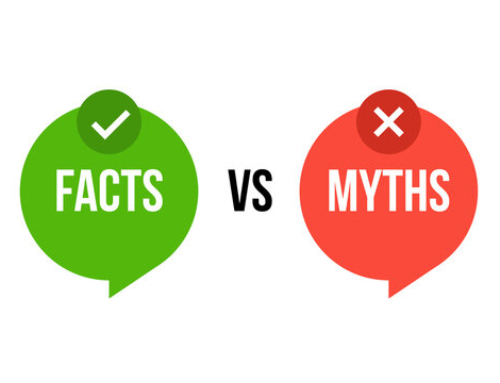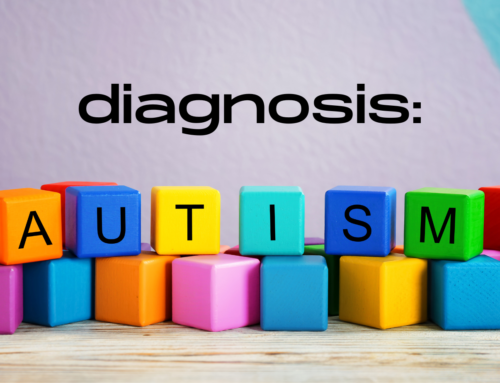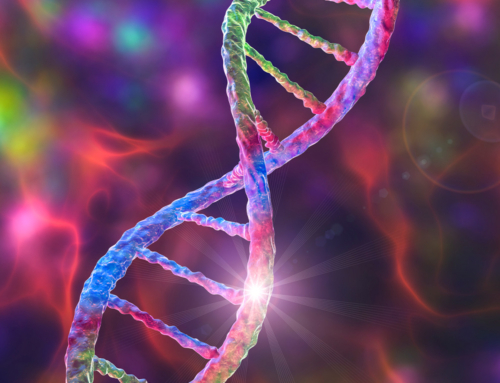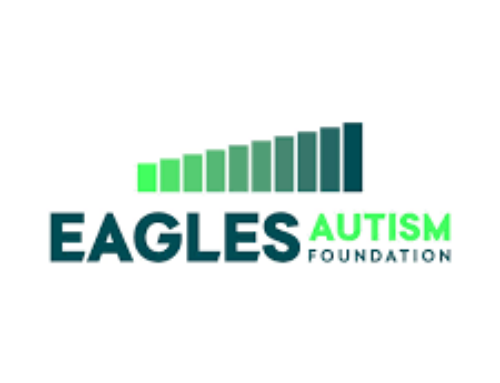As autism grows more prevalent, early detection is crucial
The chances a child will receive a diagnosis of autism has increased 72 percent over the last five
years, a dramatic rise that has stumped many health care experts. While there is no cure for autism, early detection and treatment in the form of behavioral therapy can dramatically improve the long-term outcome for patients. Unfortunately, many of the telltale symptoms of autism do not manifest in children until they are several years old.
One attempt to solve this problem comes from SynapDx, a startup founded by life science veteran Stan Lapidus and backed by Google Ventures. SynapDx is developing a blood test it hopes will be able to detect autism using genetic markers, allowing for a much earlier and more accurate diagnosis. Currently the average age of diagnosis for autism is six years old. “We hope to drive that number way down,” says Lapidus.
SynapDx is in the process of running a clinical trial on 660 patients across 20 different hospitals and clinics around the nation. If successful, the trial, which is expected to be finished next year, will provide the evidence needed for regulatory approval. A number of universities, hospitals, and private firms are also working to develop a blood test for autism, and Lapidus expects a highly competitive market.
Lapidus has a history of creating better diagnostic tools. In the late 1980s he built a new kind of Pap smear that more accurately identified cervical cancer. The company he founded around that, Cytyc, went public in 1996 and eventually reached a market cap of $3.15 billion. By that time Lapidus had already begun a new company, Exact Sciences Corporation, an applied genomics startup that developed a DNA-based method for early detection of colorectal cancers.
Read the whole story at TheVerge.com






